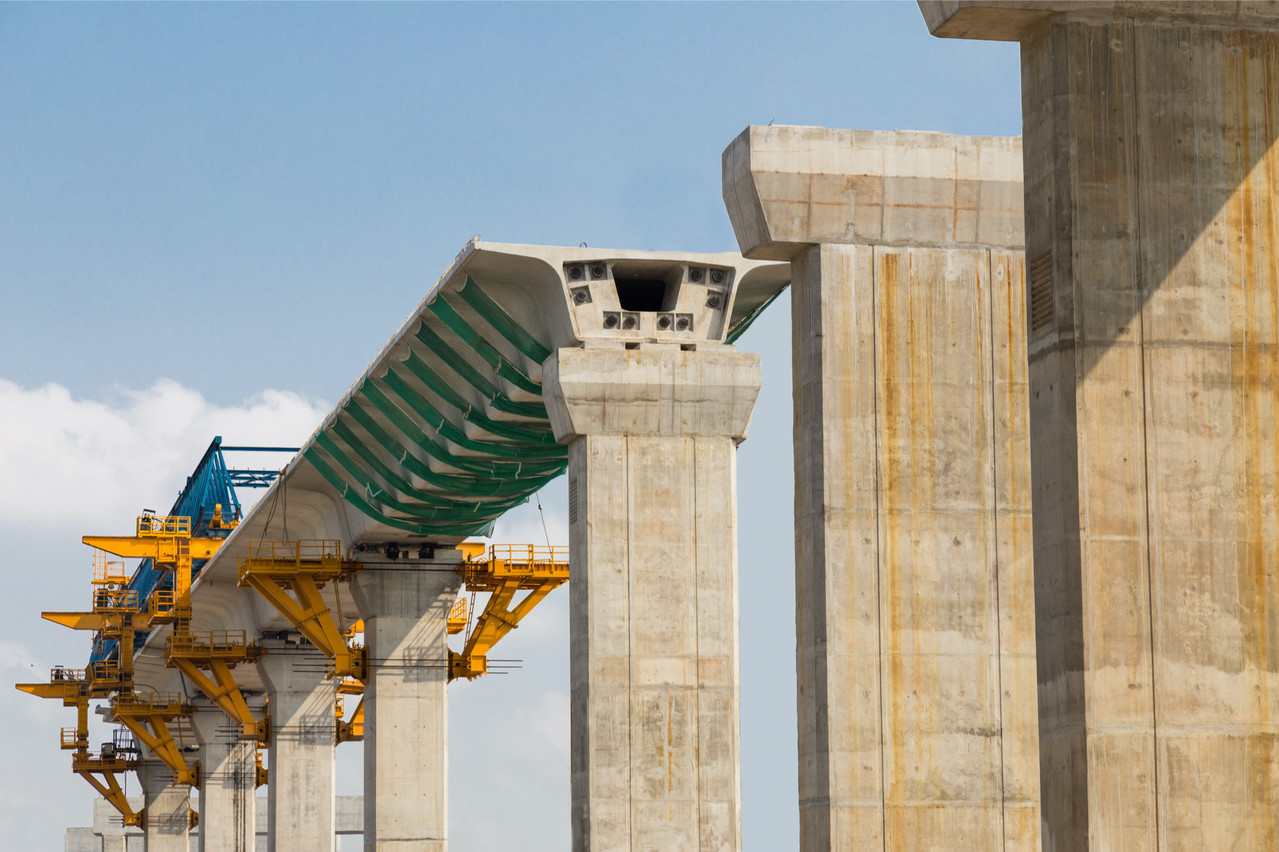The appeal of unlisted assets continues. 90% of institutional investors surveyed by CoreData on behalf of the asset management company Schroders--which polled 750 investors with $26.8trn in assets across 26 countries--will increase their allocations to one or more unlisted asset classes over the next year.
47% of investors surveyed said they will continue to diversify into alternative and unlisted markets and reduce their listed exposures, reflecting the economic and financial impact of the pandemic. This compares with 26% in 2020.
37% of investors said that the impact of the pandemic had increased the importance of ESG considerations. 54% of investors also believe that ESG strategies that have the principle of “the interest of all stakeholders” at the heart of their investment process are the most attractive.
Diversification and return
The need to diversify portfolios is what drives institutional investors to gain exposure to non-listed assets. This need is recognised by 80% of respondents. This was recognised by 78% in 2020 and 73% in 2019. “Performance history and team stability, as well as quality and transparency of reporting were the most important factors cited by investors when selecting unlisted asset managers. Latin American investors also placed much more emphasis on the ability to meet local requirements than their global counterparts,” the survey said.
75% of respondents cited the level of yield, 58% the level of illiquidity premium and 41% low volatility as the other main reasons for moving into this asset class.
Among the obstacles to these investments, investors cited lack of transparency and high valuations (58%), far ahead of illiquidity (42%) and the complexity of the asset class (35%).
Europeans more receptive to infrastructure
Globally, private equity was the standout asset class for future allocations, with 37% of investors planning to set up their allocations, followed by infrastructure stocks (32%) and impact investing (29%). Investors in Asia-Pacific and North America favoured private equity, while the majority of European investors sought to increase their allocations in infrastructure placements. In Latin America, corporate private debt was the standout asset class.
The Schroders Institutional Investor Study is available .
Originally published in French by and translated for Delano
